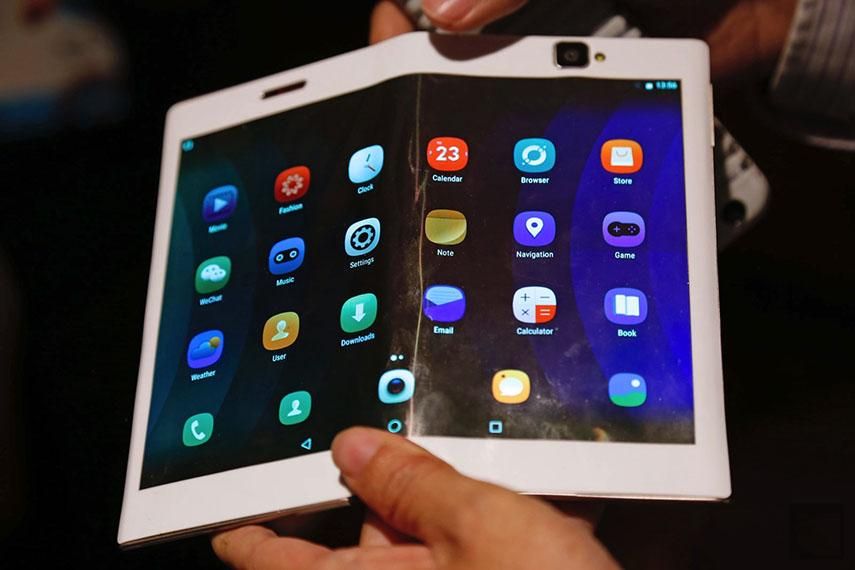The Korean Intellectual Property Office said that there were a total of 276 patents related to foldable panels applied over the last six years in Korea. Out of all those, 210 patents were filed in the last three years. Smartphone manufacturers have been slowly shifting their focus towards foldable panels in their quest to work around industry’s limits of hardware innovation.
“LG Display has applied for the highest number of patents (94), followed by its rival Samsung Display (80), Samsung Electronics (23) and LG Electronics (17) over the last six years“, said the Korean Intellectual Property Office, cited by The Korea Herald. The same report specifies that the largest number of patents are related to “hinge and housing technologies (86), followed by technologies to restore panels after unfolding (50), sensing users’ touch when folded (48) and cover window (22)”.
Samsung is expected to launch its first foldable smartphone early next year, and so does Huawei. Apple is rumored to offer a foldable phone in 2020 using LG displays. Other manufacturers like OPPO and Xiaomi are also planning on developing their own foldable devices expected to launch soon.
A foldable smartphone would allow owners to use them as a regular phone, while folded, and as a tablet, when unfolded. The biggest challenge, however, beyond the display itself, is developing a mechanism that can stand the test of time and work tens of thousands of folds later.
“Foldable smartphones are expected to give a boost to the stagnant smartphone market with completely different designs and innovative technologies. As durability is the key to commercialize foldable phones, a tech company that secures related technology patents will have an edge over its rivals”, said Kim Jong-chan, chief of KIPO’s display device screening division.

